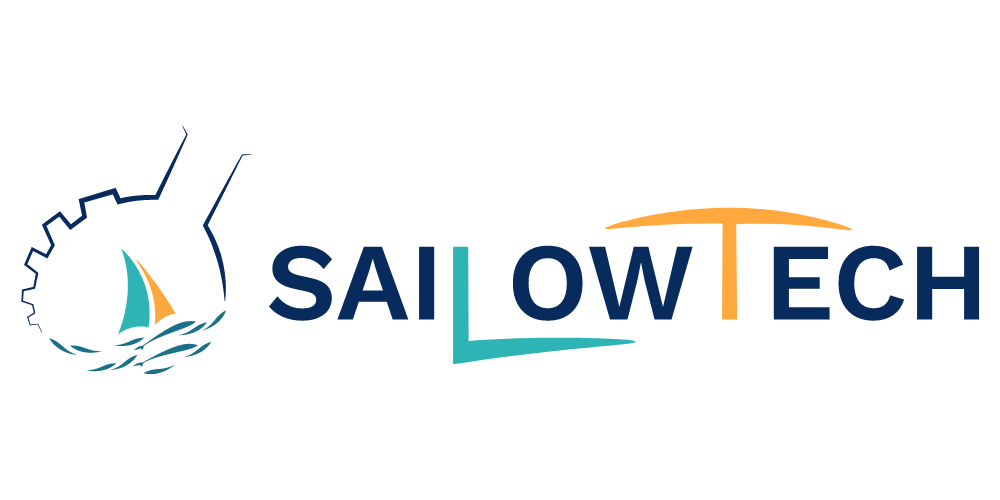Onboard laboratory
At the center of all living things : plankton
Plankton represents 98% of all marine biomass. It is a key element for understanding the ocean. There are several types of plankton that travel around the globe and provide valuable information on the state of health of the ocean. The scientific cahallenge of the expedition will be to study the environmental pressure factors, associated in particular with human activities, on plankton.
The expedition will embark a real laboratory intended for the study of plankton, the secrets of which we reveal to you on this page…
Aims of the study
Cross-sectional study
The study cnducted onboard will be cross-sectional, due to the different types of data collected and their sampling in space and time, making it possible to measure the links between plankton and the rest of the trophic chain.
Polution
The study of plankton makes it possible to measure the impacts of several forms of pollution (sound, plastic, nano-particle, etc.) and more generally of human activity, on the ocean.
Genetics
Microscopic study of the genetic environment will expand knowledge of planktonic organisms in the North Atlantic Ocean.
Frugal & Open Science
Promote the power of open science and low-tech in cutting-edge research towards useful, accessible and sustainable innovation. Open sciences also makes it possible to ensure the transversality of the seatizens involved: engineers, researchers, students, sailors …
Studying plankton at the microscopic scale thanks to CoWaS
Cowas, which stands for Continuous Water Sampler, is a miniaturized and automated device produced by GenoRobotics. Capable of continuously sampling water taken from the marine environment and extracting DNA, this tool is suitable for on-field scientific research.
Thanks to this tools, Sailowtech will study and map the genetic plankton environment of the Atlantic Ocean. The samples will be taken from water columns between 0 and 40 meters deep using a pump and filtering system. The sequencing will be done by the 16S RNA sequencing method in the laboratory.
Studying plankton at the macroscopic scale thanks to the PlanktoScope
The Planktoscope is a microscope created by Plankton Planet. Small, robust and inexpensive, its accessibility makes it an ideal standardized scientific instrument for frugal science. Specifically, the Planktoscope was designed for use on sailboats by non-scientists, with the ultimate goal of including sailors from all five oceans in plankton sample collection. The Planktoscope on board our sailboat Carlina will have been built by members of the association during a semester project supervised by Plankton Planet.
It will allow us to observe and take pictures of planktonic organisms invisible to the naked eye such as microplanktons, whose size is limited to a few millimeters. As soon as the digital images are obtained, they will be transmitted to image analysis stations whose algorithms will automatically extract the particularities of the plankton present in the sample, making it possible to identify it.
Combined with genetic data, the data from the Planktoscope will provide an additional insight on the characteristics and specificities of the many planktonic organisms in the Atlantic Ocean.

Everyrthing there is to know about the Planktoscope is online and available to everybody !
We will soon share with you the technical challenge brought on a sailboat and on the scientific data by the presence onboard of such equipment. Don’t miss a thing ! Follow us on social media !
